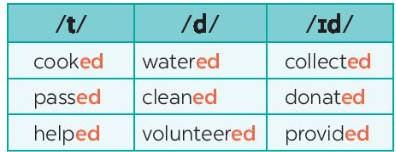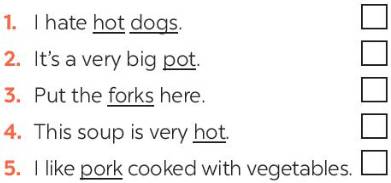Hãy nhập câu hỏi của bạn vào đây, nếu là tài khoản VIP, bạn sẽ được ưu tiên trả lời.

As the use of alternative energy sources increases, the consumption of the Earth's fossil fuels will also decrease. One watt of energy that is used by solar cells is one less watt used by power plants burning oil or coal. If society hopes to see the next generation have the resources needed to heat homes and drive cars, alternative energy sources are needed today.
Fossil fuel is the most common source of energy today, but it is not considered clean energy. There are various other sources of alternative energy that must be incorporated if the next generations are expected to have energy. Water, wind, the internal heat of the Earth, and the sun are all being used to create energy. Geothermal energy and solar energy are more common. Homes are being heated and cooled, cars are being driven, and electricity is used all from these various alternative sources of energy. All are examples of clean energy, which is better for the environment because it does not cause pollution.
Read the passage and decide if these statements are True or False.
| Đúng | Sai | |
|---|---|---|
| 1. The consumption of fossil fuels will decrease since alternative sources are used more. ĐÚNG | ||
| 2. Alternative energy sources are not necessary today. SAI | ||
| 3. Fossil fuel is considered clean energy. SAI | ||
| 4. Water, wind, the sun are common alternative sources of energy. ĐÚNG | ||
| 5. Clean energy is the energy that does not cause pollution. ĐÚNG |

In the world, millions of old papers ________________ away every day.
A. thrown |
B. are thrown | |||
|
C.are throwing
Because "million of papers": chủ ngữ chỉ vật số nhiều => Động từ chia ở dạng bị động

| Mai and Phuc work for the benefits of the community. ( T ) | ||
Be a Buddy has collected books and clothes for street children. ( T ) | ||
| Go Green is an environmental business. ( F ) | ||
Be a Buddy has provided education for street children. ( T ) | ||
Go Green has encouraged people to recycle rubbish. ( T ) |

| /t/ | cooked /kʊkt/: nấu passed /pɑːst/: vượt qua helped /helpt/: giúp đỡ |
| /d/ | watered /ˌwɔː.təd/: tưới nước cleaned /kliːnd/: làm sạch volunteered /ˌvɑː.lənˈtɪrd/: tình nguyện |
| /ɪd/ | collected /kəˈlek.tɪd/: sưu tầm donated /dəʊˈneɪtɪd/: quyên góp provided /prəˈvaɪdɪd/: cung cấp |

olar power (n) năng lượng hạt nhân (n) phong điện (n) thủy điện (n) năng lượng khí sinh học (n) có hại (adj) phong phú (adj) tiết kiệm năng lượng (v) tiêu thụ năng lượng (v) lãng phí năng lượng (v) tái chế ( v) giảm thiểu (v) tái sử dụng (v) được thực hiện từ (v) tài nguyên từ (v) cài đặt (v) năng lượng tái tạo (n) năng lượng không tái tạo (n) nhiên liệu hóa thạch (n) phát triển bền vững (n) tài nguyên (n ) source (n)
Reply: olar power (n) : năng lượng mặt trời | |
| nuclear power (n) : năng lượng hạt nhân | |
| wind power (n) : năng lượng gió | |
| hydro power (n) : thủy điện | |
| biogas power (n) : năng lượng khí sinh học | |
| harmful (adj) : có hại | |
| plentiful (adj) : phong phú | |
| save energy (v) : tiết kiệm năng lượng | |
| consume energy (v): tiêu hao năng lượng | |
| waste energy (v): phí phạm năng lượng | |
| recycle (v) : tái chế | |
| reduce (v) : giảm | |
| reuse (v) : tái sử dụng | |
| be made from (v) : được làm từ | |
| etelectricity from (v) :điện từ | |
| install (v) :Tải về | |
| renewable energy (n) : năng lượng tái tạo | |
| non-renewable energy (n) : năng lượng không tự tái tạo | |
| fossil fuel (n) : nhiên liệu hoá thạch | |
| sustainable development (n) : phát triển bền vững | |
| resource (n) : nguồn | |
| source (n) : ... ? |

1. I hate hot dogs. (Tôi ghét bánh mì kẹp xúc xích.) | ✓ |
2. It's a very big pot. (Nó là cái bình/ lọ rất to.) | ✓ |
3. Put the forks here. (Đặt những cái nĩa ở đây.) |
|
4. This soup is very hot. (Món canh này rất nóng.) | ✓ |
5. I like pork cooked with vegetables. (Tôi thích thịt bò nấu với rau củ.) |
|


Kiến thức bổ ích quá